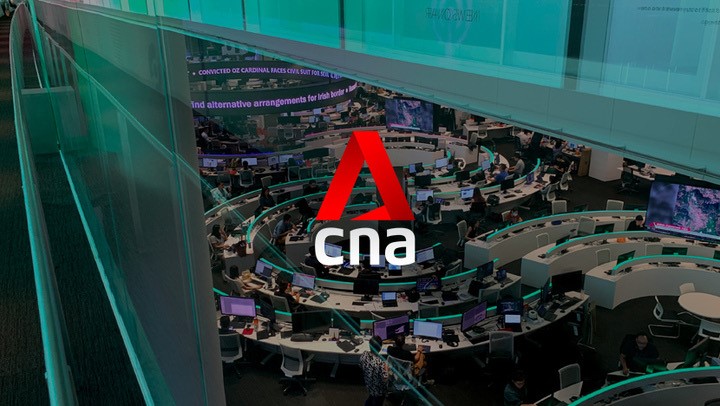- Joined
- Oct 30, 2014
- Messages
- 36,768
- Points
- 113

SINGAPORE: The Government is conducting a second round of public consultation on the draft Carbon Pricing Bill, which sets out a framework for implementing the carbon tax, including the measurement, reporting and verification requirements.
The carbon tax will be applied “upstream” on large direct emitters, defined as those that emit 25,000 or more tonnes of greenhouse gases annually. This amount is equivalent to emissions produced by the annual electricity consumption of 12,500 four-room HDB households.
It is expected to affect between 30 and 40 emitters operating in Singapore, including power stations.
Under the proposed bill released for public consultation on Tuesday (Oct 31), the Government is looking at a tax rate of between S$10 and S$20 per tonne of greenhouse gas emissions from 2019.
These plans were first announced by Finance Minister Heng Swee Keat in his Budget speech this year, and are part of a suite of measures that will help Singapore meet its commitments under the Paris climate change agreement.
HOW WILL THE CARBON TAX WORK?
REACH website, the Ministry of Environment and Water Resources (MEWR) said that the carbon tax will take the form of a “fixed-price credits-based mechanism”.
This means that the affected facilities will pay the tax by buying and surrendering carbon credits corresponding to their greenhouse gas emissions, rather than through direct payment.
The carbon credits will be issued by the National Environment Agency (NEA), and the price level for the credits will be determined closer to the date of implementation.
The carbon tax will be levied on a facility’s total emissions of the six greenhouse gases - carbon dioxide, methane, nitrous oxide hydrofluorocarbons, perfluorocarbons and sulphur hexafluoride.
As for the monitoring and reporting of emissions, facilities have to submit a monitoring plan according to NEA’s guidelines by Dec 31 each year. Their annual report on total emissions, which must be independently verified by a qualified third party, should be submitted by Jun 30.
Taxes have to be paid by Sep 30 every year.
Under the draft bill, there will be associated penalties for non-compliance, such as fraudulent reporting in the verifiable emissions report, late payment of tax or tax evasion.
Taking reference from legislation in other economies, if an entity fails to pay the tax, it can be fined triple the amount of outstanding tax. Those who intentionally provide an inaccurate emissions report can also be jailed for up to three years.
Revenue from the carbon tax will help to fund measures by industries to reduce emissions, said the National Climate Change Secretariat Strategy Group (NCCS) which comes under the Prime Minister’s Office.
WILL THIS AFFECT HOUSEHOLDS?
While the tax will not apply to households, residents may see a trickle-down effect through a rise in electricity tariffs.
NCCS had said earlier this year that for the average household living in a four-room flat which pays around S$72 per month in electricity bills, the carbon tax translates to an increase of S$1.70 to S$3.30 per month.
The Finance Minister had also said that such a tax system would be “modest” on most businesses and households. The idea is to hit large industrial energy users and change mindsets on harmful emissions, said experts who spoke to Channel NewsAsia.
The NCCS said that the carbon tax will stimulate clean technology and market innovation, and create a price signal to incentivise industries to reduce their emissions, complementing other regulatory measures.
Members of the public may view the draft bill on the REACH website from Oct 31 to Dec 8 and submit their feedback to the ministry.
Read more at http://www.channelnewsasia.com/news...duce-carbon-tax-in-singapore-open-for-9361040
